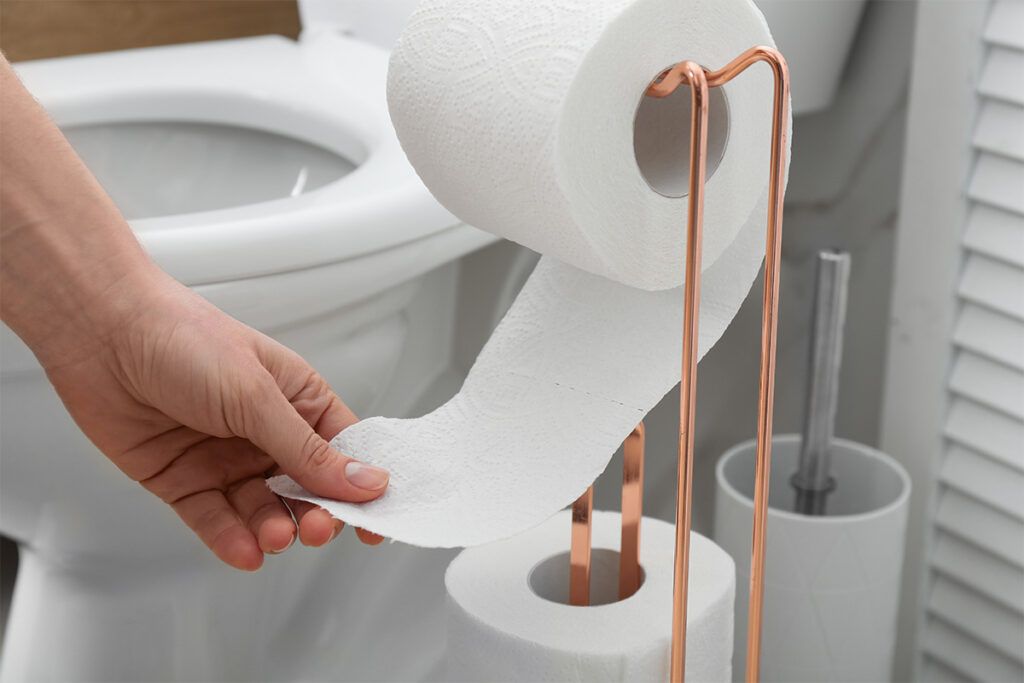The Ultimate Guide to What is and Isn’t Flushable for Your Septic System
well-maintained septic system in and around Fairfield, ME, is crucial for the smooth functioning of your home’s wastewater management. Unfortunately, many people unknowingly flush items that can cause significant damage to their septic systems. At Stanley’s Septic & Construction, we aim to educate homeowners about what they can and cannot flush to avoid costly repairs and ensure a long-lasting septic system. Here’s a comprehensive guide to help you make informed decisions.
What You Can Safely Flush
The only items that you should flush down your toilet are human waste and toilet paper. Toilet paper breaks down easily in water, making it safe for septic systems. Here are the specifics:
- Human Waste: This includes urine and feces, which naturally decompose and are processed by your septic system.
- Toilet Paper: Choose brands labeled septic-safe or biodegradable to ensure they break down quickly and efficiently.
Common Items You Should Never Flush
Flushing anything other than human waste and toilet paper can lead to severe issues within your septic system. Here are some common items to avoid:
- Wipes and Diapers: Even if labeled as flushable, wipes do not break down like toilet paper and can cause blockages.
- Feminine Hygiene Products: Items like tampons and pads absorb moisture and expand, leading to clogs.
- Cotton Balls and Swabs: These items do not break down and can accumulate, causing blockages in your pipes.
- Dental Floss: Floss can wrap around other debris, creating large, insoluble clumps that obstruct the system.
- Paper Towels and Tissues: These products are thicker than toilet paper and do not decompose easily.
Household Products to Keep Out of Your Septic System
Certain household products can be extremely harmful to your septic system’s delicate balance. Avoid flushing these items to maintain the health of your system:
- Cleaning Chemicals: Bleach, ammonia, and other harsh cleaning agents can kill beneficial bacteria in your septic tank, disrupting the treatment process.
- Medications: Pharmaceuticals can introduce harmful chemicals into your septic system and the environment.
- Cooking Grease: Grease can solidify and clog your pipes, leading to backups and system failures.
Tips for Maintaining a Healthy Septic System
Proper maintenance is key to a functional and efficient septic system. Follow these tips to keep your system in top shape:
- Regular Inspections: Schedule routine inspections with Stanley’s Septic & Construction to catch potential issues early.
- Pumping Schedule: Hire Stanley’s Septic & Construction to pump your septic tank every 3-5 years to prevent buildup and overflow.
- Mindful Flushing: Only flush human waste and septic-safe toilet paper.
- Water Conservation: Reduce water usage to prevent overloading your septic system.
For more on what is and is not flushable, call Stanley’s Septic & Construction at (207) 453-9819. Follow us on Facebook for more updates. We are happy to discuss what is and is not flushable.

